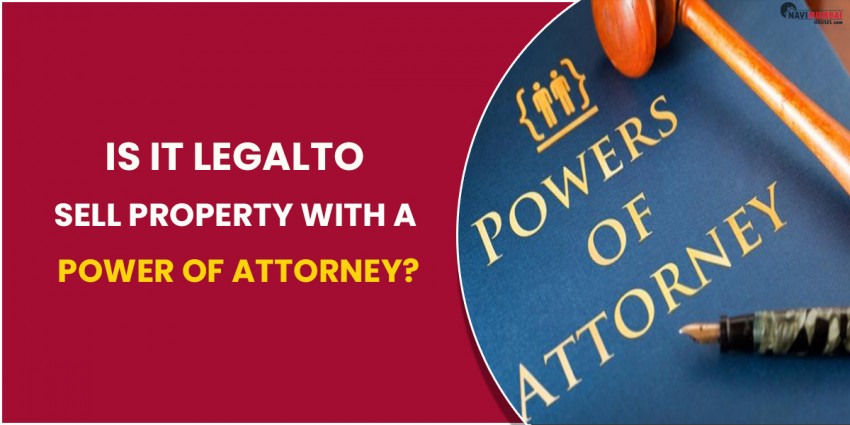
In reality, property sales using powers of attorney have been extremely popular over the past several decades in locations like Delhi. Property sales made with the use of a power of attorney typically involve two parties working together to skirt the law.
Beginning in the 1990s, as the real estate market grew, so did the adoption of this strategy. So much so that the Supreme Court (SC) was compelled to take cognizance of the situation. In 2011, the SC issued a historic decision outlawing the sale of property through power of attorney.
Property cannot be sold via a power of attorney: SC
The Supreme Court (SC) concluded that only registered sale documents provide such transactions any legal standing, although declaring that property transactions made through general powers of attorney (GPA) had no legal legitimacy.
What is a power of attorney, and how does one sell property with one?
The POA is discussed in detail below, along with how and why sales made using this instrument are prohibited.
The Power of Attorney Act of 1882 and the Indian Stamp Act of 1899 both cover the principles of power of attorney (POA). These laws described a POA as a document authorizing a certain person to act on behalf of the party carrying out the transaction.
Property Power of Attorney (PoA)
The Powers of Attorney Act of 1882 and the Indian Stamp Act of 1899, two statutes of India, both address the idea of POA. According to these regulations, a POA is a document authorizing a certain person to act on behalf of the person carrying out the transaction.
In essence, a person grants another person the authority to act as his agent and to carry out particular responsibilities on his behalf.
Non-resident Indians (NRIs) frequently utilize this tool as they might not be able to travel back to their home country at a certain time due to their professional or personal commitments.
A POA is useful for very busy people, such as businesspeople and those who are unable to undertake numerous personal and professional obligations, because to the ease it offers.
Different POA types: Special POA and General POA (GPA) (SPA)
A special power of attorney (SPA) is provided in order to complete specialised activities, as opposed to a general power of attorney (GPA), which provides an agent the authority to carry out normal tasks on behalf of the principal.
An SPA talks about a specific act that the representative can carry out on behalf of the principle, whereas a GPA talks about wide powers granted to a representative. If you give someone a GPA, they may function as your agent and pay your bills, collect rent for you, handle and resolve conflicts, or handle all of your bank business, according to Supreme Court attorney. However, he says, if an NRI has to sell a property in India, they would do it through a local agency and an SPA.
Both the GPA and SPA must be registered in order for them to be considered legally binding. Once the task it was designed for is finished, an SPA loses its impact. The executor has the right to revoke a GPA at any point throughout their lifetime. If they pass away, the GPA is no longer recognized legally.
Source from: navimumbaihouses





